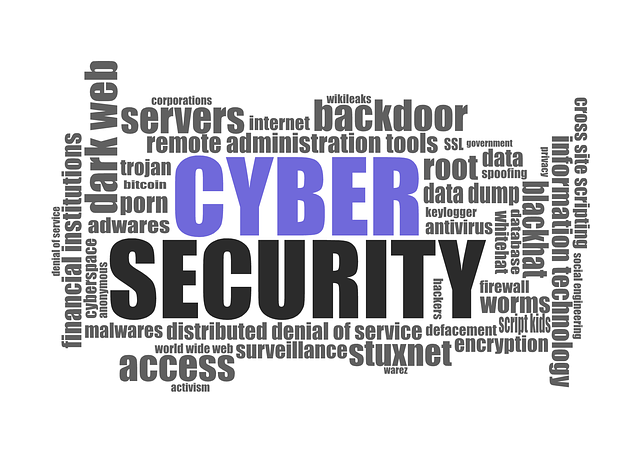
Cybersecurity is a major concern for businesses of all sizes. In recent years, there has been an increase in cyberattacks and data breaches, with businesses being a prime target. Cybersecurity threats are constantly evolving, and it is important for businesses to implement measures to protect themselves against these threats. This article will discuss the importance of cybersecurity for businesses, the common threats and risks, how to prevent attacks, best practices for businesses, technologies and tools available, training for employees, policies and procedures, and compliance and regulations.
Introduction to Cyber Security
Cybersecurity refers to the protection of networks, devices, programs, and data from unauthorized access, theft, or damage. Cybersecurity is crucial for businesses because they store and process sensitive information such as customer data, financial information, and intellectual property. Cybersecurity also protects businesses from reputational damage, financial loss, and legal consequences.
The Importance of Cyber Security for Businesses
Businesses of all sizes are vulnerable to cyberattacks. Small businesses are often targeted because they may have weaker security measures in place. Cyberattacks can cause significant damage to businesses, including financial loss, reputational damage, and legal consequences. Cybersecurity is not just about protecting against attacks, but also ensuring the confidentiality, integrity, and availability of data.
Cyber Security Threats and Risks
There are numerous cybersecurity threats and risks that businesses should be aware of. Malware is one of the most common threats, which includes viruses, trojans, and ransomware. Phishing attacks, where attackers trick users into revealing sensitive information, are also common. Other threats include denial-of-service attacks, man-in-the-middle attacks, and social engineering attacks.
Common Cyber Security Attacks and How to Prevent Them
One of the most common cyber security attacks is phishing. Phishing attacks can be prevented by educating employees about how to identify and avoid phishing emails. Businesses should also implement spam filters and antivirus software to prevent phishing emails from reaching employees’ inboxes. Ransomware attacks can be prevented by backing up data regularly and ensuring that the backups are stored securely.
Cyber Security Best Practices for Businesses
There are several best practices that businesses can follow to improve their cybersecurity. Businesses should implement a strong password policy, which includes requiring employees to use complex passwords and changing them regularly. Employees should be trained on cybersecurity best practices, such as not sharing passwords and being cautious when opening emails or clicking on links.
Cyber Security Tools and Technologies
There are numerous tools and technologies available to businesses to improve their cybersecurity. Antivirus software, firewalls, and intrusion detection systems are common cybersecurity tools. Businesses can also use encryption to protect sensitive data and implement multi-factor authentication to prevent unauthorized access.
Cyber Security Training for Employees
Employees are often the weakest link in a business’s cybersecurity. Businesses should provide regular cybersecurity training to employees to educate them on best practices and how to identify and avoid cyber threats. Training should also include how to respond to a cyber breach and who to contact in the event of a breach.
Cyber Security Policies and Procedures
Businesses should have clear cybersecurity policies and procedures in place to ensure that employees understand what is expected of them. Policies should include rules for password management, mobile device usage, and how to handle sensitive data. Procedures should outline the steps to take in the event of a cyber breach, including who to contact and how to report the breach.
Cyber Security Compliance and Regulations
Businesses must comply with cybersecurity regulations and standards to ensure that they are protecting sensitive data. Regulations such as the General Data Protection Regulation (GDPR) and the California Consumer Privacy Act (CCPA) require businesses to implement specific cybersecurity measures and report data breaches. Businesses should ensure that they are complying with relevant regulations and standards.
Conclusion: Taking Action to Improve Your Business’s Cyber Security
Cybersecurity is an ongoing process that requires businesses to be vigilant and proactive. By implementing best practices, using cybersecurity tools and technologies, providing training to employees, and complying with regulations, businesses can improve their cybersecurity and protect themselves from cyber threats. Businesses should also regularly review and update their cybersecurity measures to ensure that they are keeping up with the evolving threats.

